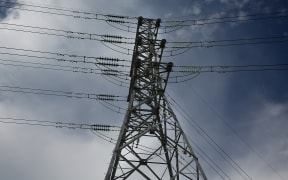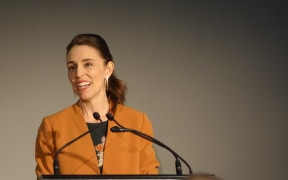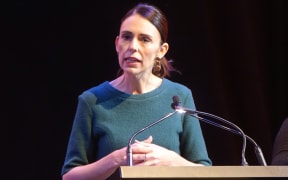In its first year of operation Ara Ake - the national future energy centre - burnt through two thirds of its annual revenue, that's $1.7m, in salaries, directors fees and consultants.
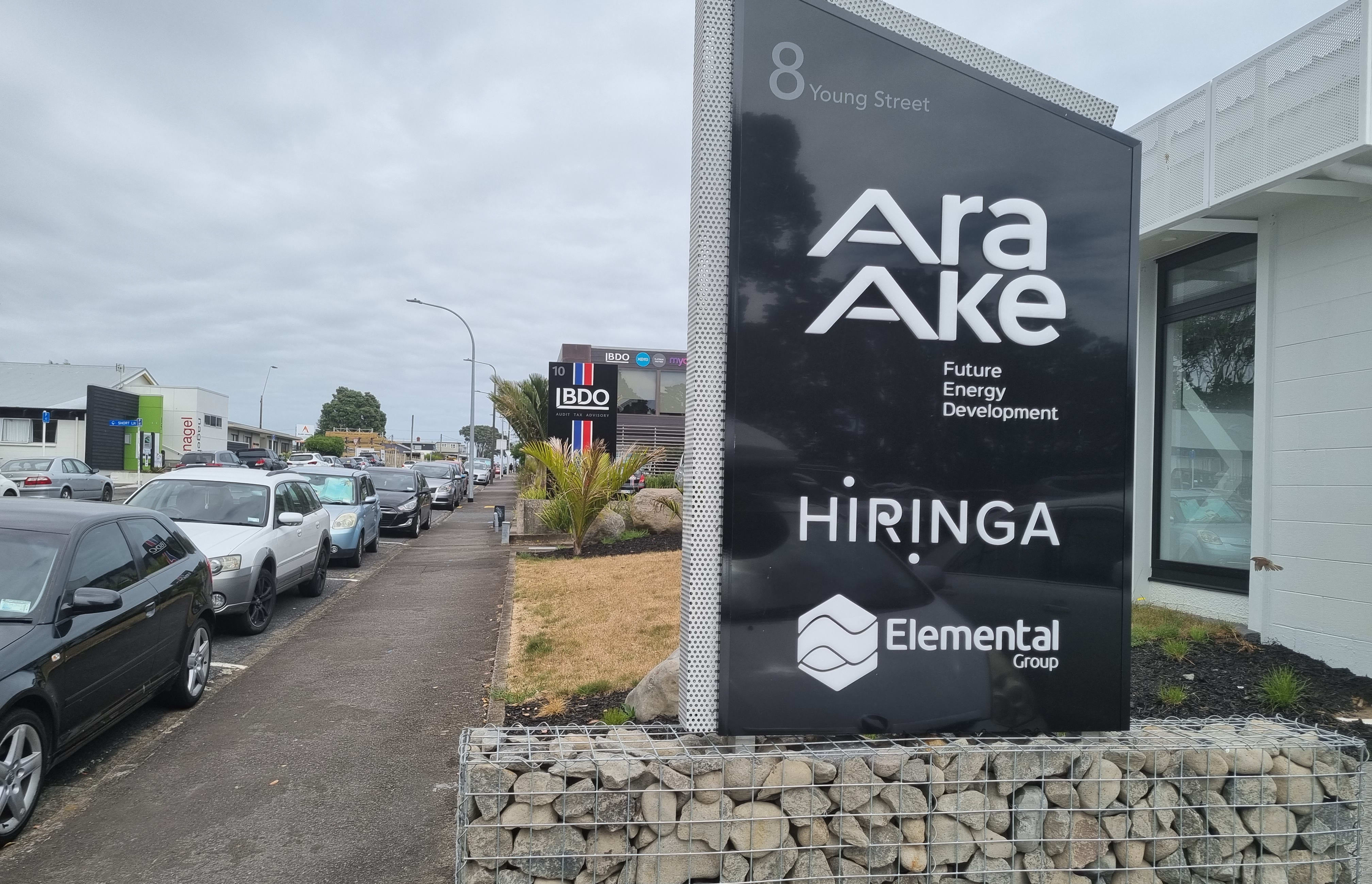
Ara Ake Set up in Taranaki following the government's decision to end future offshore oil and gas exploration Photo: RNZ / Robin Martin
Set up in Taranaki following the government's decision to end future offshore oil and gas exploration, some in the energy sector question whether it represents value for money.
First mooted in 2019, Ara Ake's job is to lead and facilitate the development of low-emissions energy innovation and technology in New Zealand.
But New Plymouth energy consultant Len Houwers reckons the organisation's first annual report - for the year ended June 2021 - reinforces doubts about Ara Ake.
"They've spent a lot of time and money developing the brand and the corporate structures and the governance and everything else.
"And they've done some desktops studies and set up some partnerships and things, but in essence, in terms of their core mission, I've yet to see anything tangible and useful to come out of it."
Ara Ake outlaid about $300,000 on directors fees in 2021 and between $240,000 and $270,000 on its chief executive Cristiano Marantes.
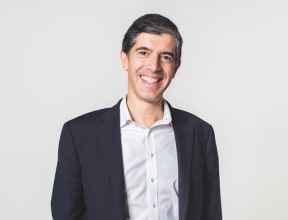
Ara Ake chief executive Cristiano Marantes. Photo: Supplied/ Ara Ake
But Houwers was not so bothered about who got paid what. The former New Plymouth district councillor wanted to see results.
"The annual report focuses on activities, but hasn't got any tangible measures for determining whether it's been successful.
"I mean how many start-ups did they target for 2020? How much money did they target to raise for developing these innovations?
"Those things aren't being talked about or reported on."
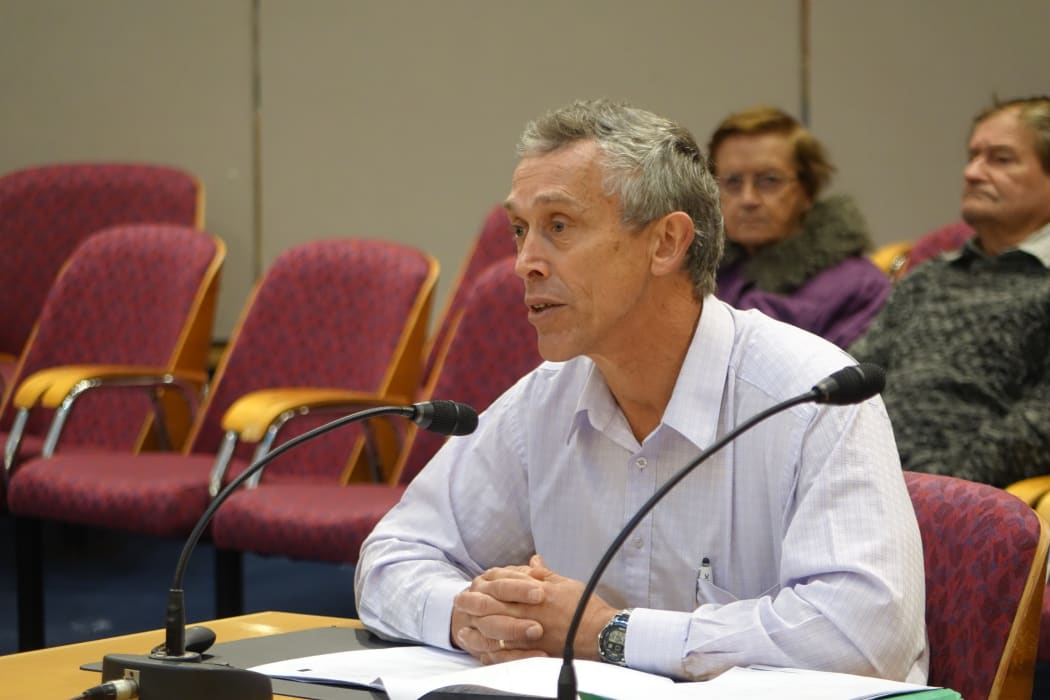
New Plymouth energy consultant Len Houwers. Photo: RNZ / Robin Martin
Houwers wasn't convinced that Ara Ake was offering anything different from other similar organisations such as the Ministry of Awesome in Christchurch.
Marantes said the centre had been busy establishing valuable industry relationships and had made tangible progress in its core function.
He pointed to the example of Auckland-based Emrod Energy which was developing long-range wireless power transmission technology.
"They have been getting a lot of global attention, but all the investors are saying 'I'd like to see the technology being demonstrated out in the field'.
"So, because of Ara Ake we are bringing that to Taranaki and that technology will be demonstrated out there in the field, which means that the likes of Emrod are one step closer to commercialisation."
Ara Ake has banked $8m in total from the Government so far and its operating budget for 2021 was $2.6m.
Marantes oversees a team of seven fulltime equivalent staff - including former National Party energy spokesperson Jonathan Young.
He said Ara Ake was being careful with its taxpayer funding.
"We actually under-spent, because we want to be very careful in terms of how we spend that money.
"The fact that a percentage of the total revenue we got from MBIE has been spent on staff and setting up costs I think is very reasonable for an organisation that is setting itself up."
Ara Ake is sharing its new office space with hydrogen energy company Hiringa and consultants Elemental Group, which has been championing offshore wind generation.
Other energy innovators spoken to by RNZ were not convinced by the Ara Ake model.
Some lamented that the centre had no money to invest of its own, while others worried it was supporting proven technologies rather than truly novel ideas.
Energy Resources chief executive John Carnegie, however, liked what he saw.
The oil and gas industry lobby group was particularly interested in Ara Ake's investigations into carbon capture and storage technology.
"An element of their work being carbon capture and storage is critical because we often lose sight of the fact that our goal is to reduce emissions not reduce particular technologies or fuel types.
"So, they seem to be taking a fuel-neutral approach focusing on emissions, not picking winners, and absolutely that's the right approach."
Carbon capture and storage is criticised by some environmentalists as an enabling technology for continued use of fossil fuels.
The Ministry for Business, Innovation and Employment, which has overseen the set up of Ara Ake, said it had met all its key performance indicators for its first year.
Ara Ake projects
- Ara Ake Forum - a monthly cross-government forum involving agencies in the energy innovation space in Aotearoa
- Mapping Energy Innovation Ecosystem - an overview of energy innovation agencies in New Zealand
- Energy Innovation Fund Navigator - an interactive tool listing funding and services available for energy innovation in New Zealand
- Long Distance Heavy Freight (TCO Calculator) - a tool comparing the total cost of ownership for biodiesel, hydrogen fuel cells, and battery electric heavy vehicles
- Carbon Capture Utilisation and Storage study - explores the role of CCUS in New Zealand
- Parihaka microgrid - support for the Parihaka community to design a microgrid
- Kāinga Ora energy sharing - advice provided to Kāinga Ora for their energy sharing programme
- EcoLabs Partnership - a partnership with Singapore-based EcoLabs Centre of Innovation for Energy
- Elemental Excelerator membership - membership to allow innovators to access Elemental Excelerator services
- Emrod wireless transmission pilot - Emrod are using a Taranaki site to pilot wireless electricity transmission technology
